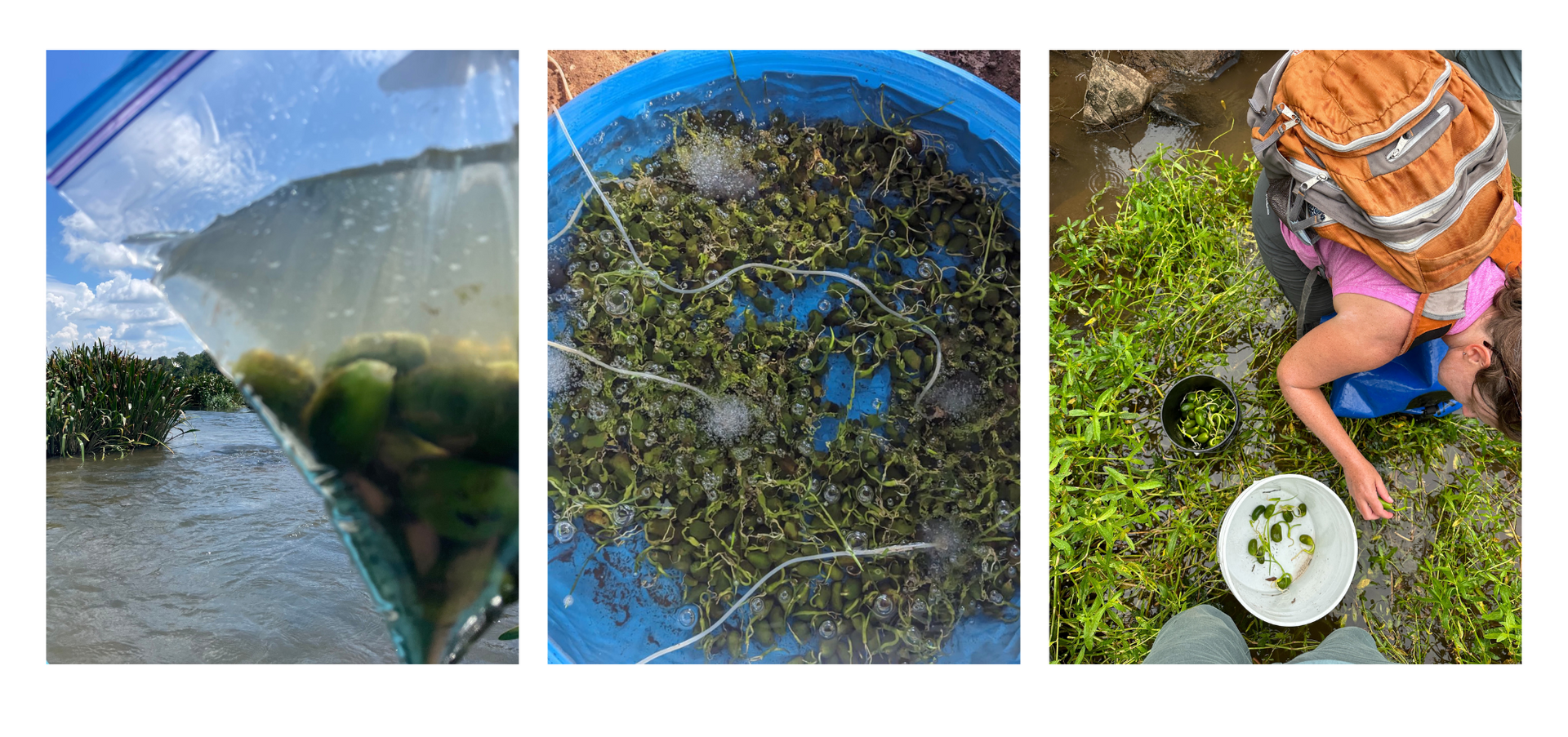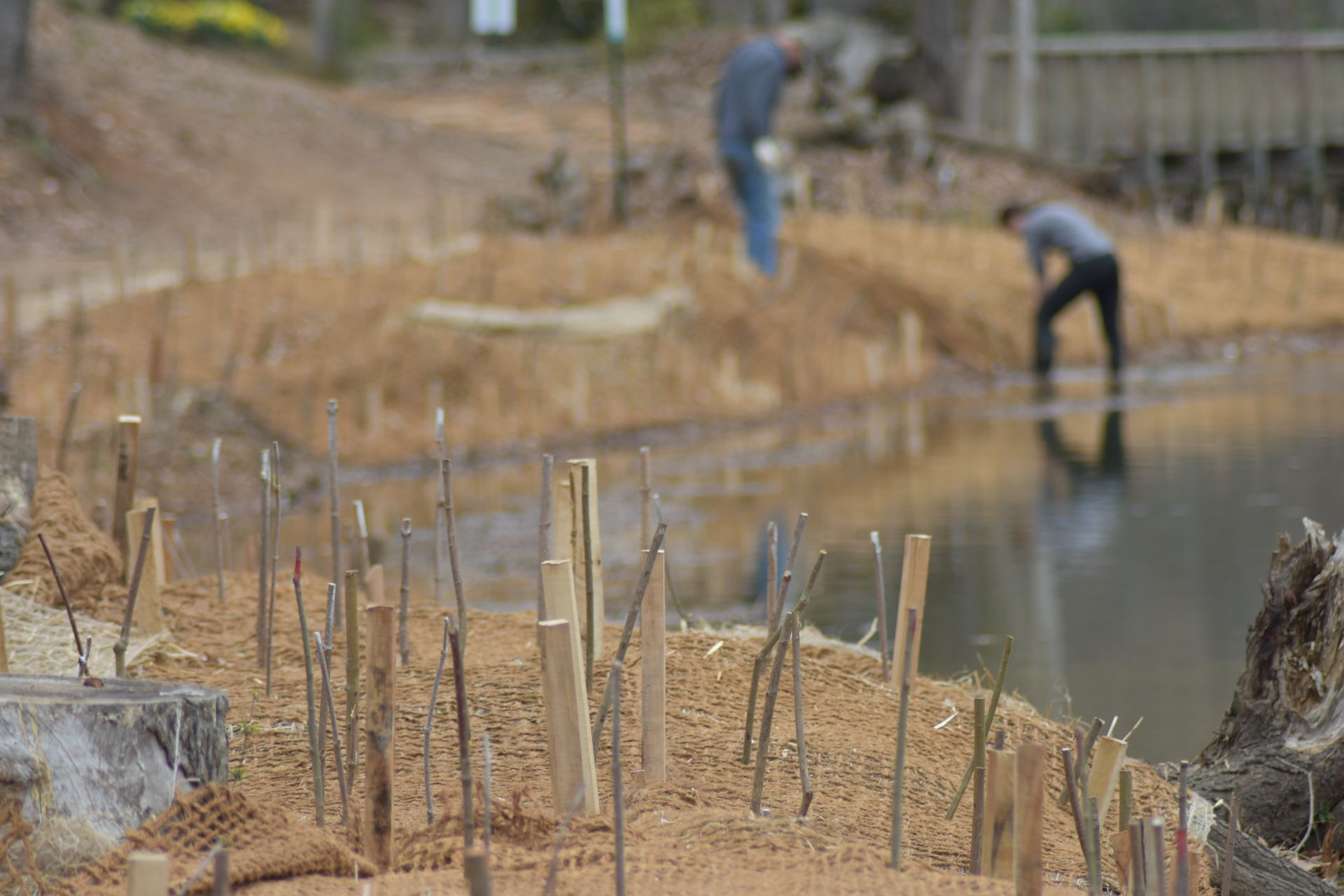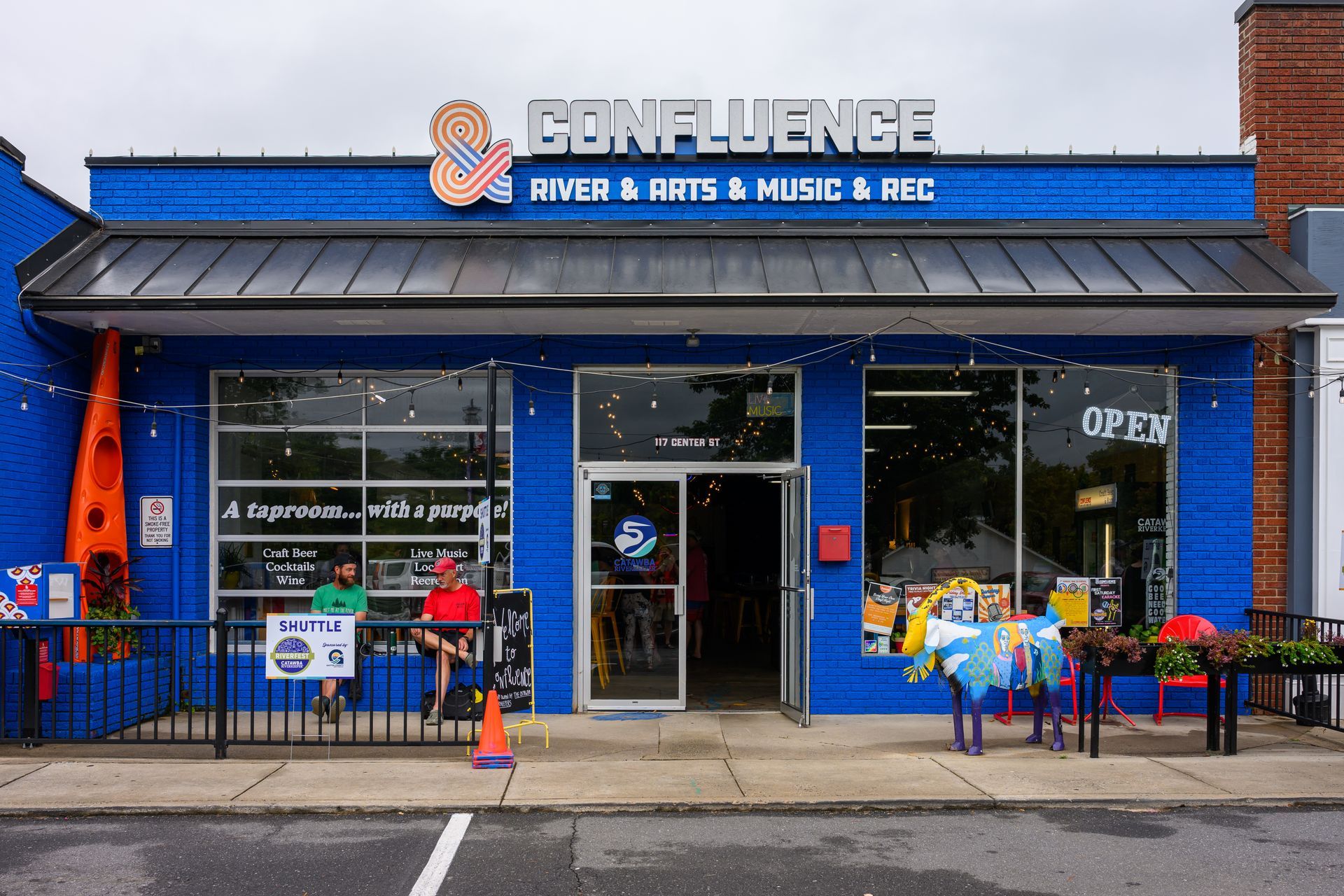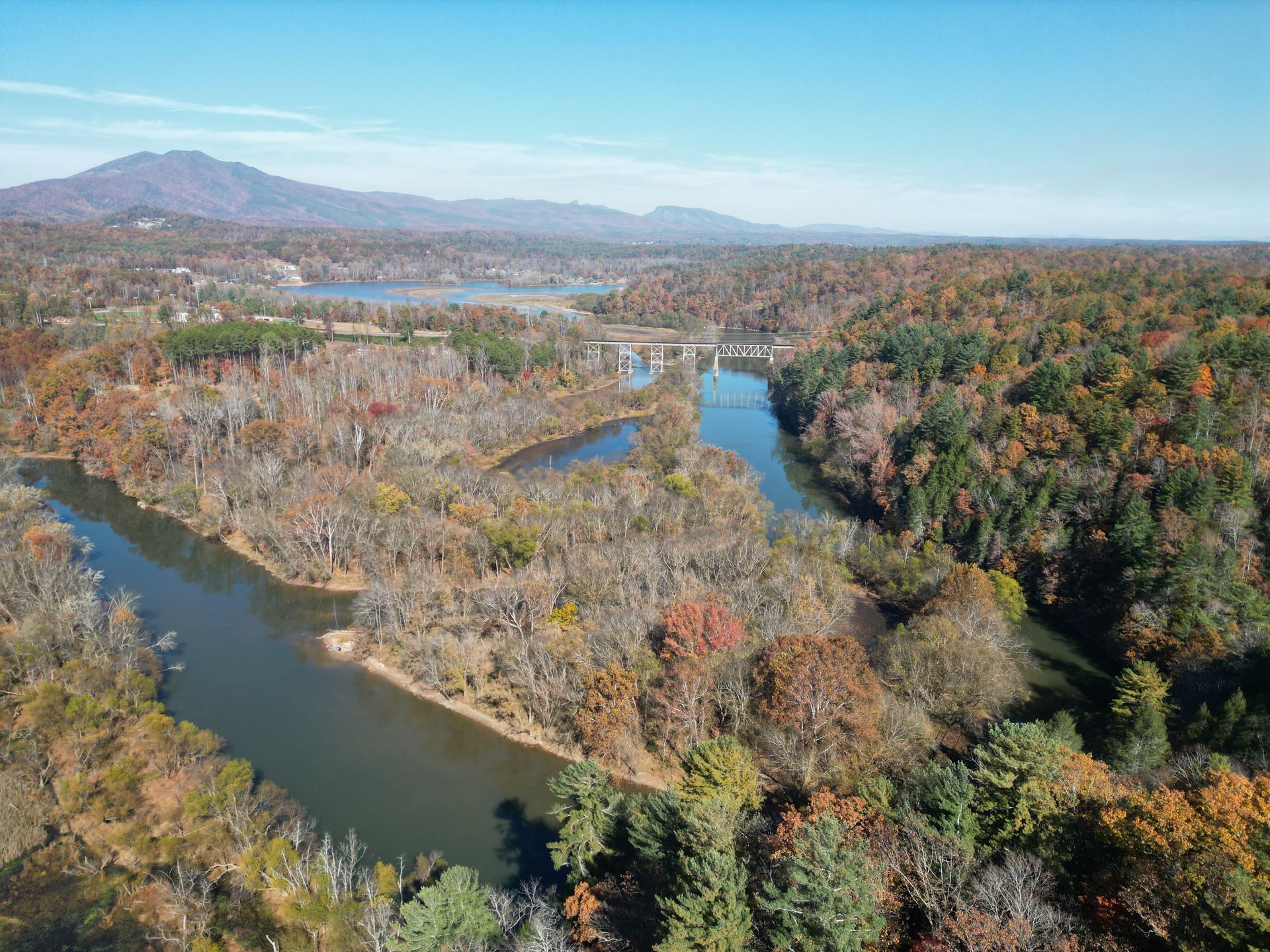Spider Lily Restoration In Great Falls
Catawba Riverkeeper and partners work to restore the Spider Lily population

The Rocky Shoals Spider Lily is known for its beautiful blooms and the many ecological benefits it provides for its environment. Damming waterways and other human-created threats, such as pollution, alter the environment the spider lily needs to flourish. As a result, there has been a significant reduction in the amount of adequate habitat for the lilies to grow, even impacting the overall population enough for the plant to receive consideration for protection under the Endangered Species Act.
The largest known concentration of Rocky Shoals Spider Lilies can be found on the Catawba River at Landsford Canal State Park. Duke Energy’s recent modification to dams in this area created more than just new recreational opportunities. The restored water flow throughout the Great Falls bypasses provides the perfect environment for the lilies; an area that, without the dam, the seeds may have traveled to and taken hold.
In July, with the proper agencies notified and permissions granted, Clemson University’s Dr. Althea Hagan and her students joined Catawba Riverkeeper to gather seeds at Landsford Canal State Park. As a result of a small dam maintenance project, Catawba Riverkeeper nurtured the seeds for a few weeks (check out a video of their temporary home). In early August, the seeds were planted along the Long Reach Bypass.
This project is a test for a potential larger-scale future project. We hope to be able to show off new growth in the coming season!
This effort was documented by South Carolina Educational Television.
Click here to watch the video.







